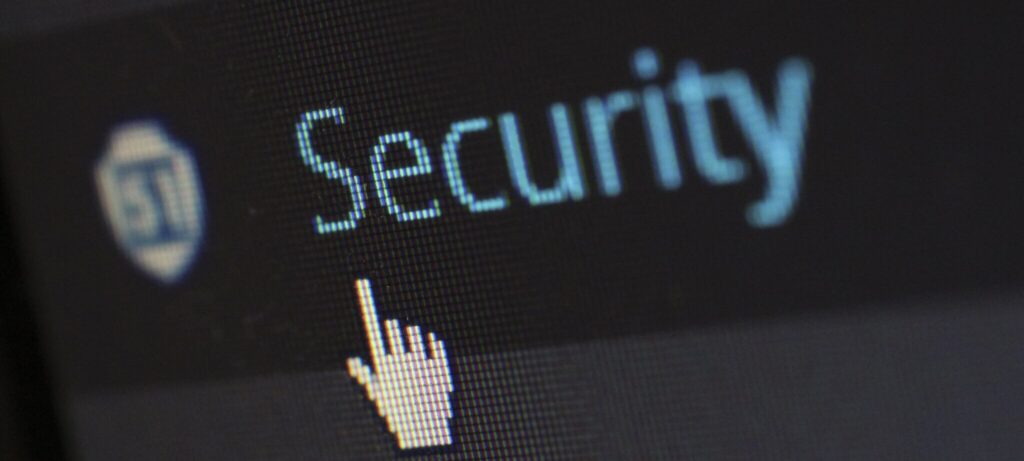Celebrating Cyber Security Day
30th November 23
At DLD College London we are celebrating #ComputerSecurityDay! We are recognising the the importance of cybersecurity and ways to keep your data secure while online. It’s important to be cautious and keep yourself up to date with best practice when sharing any data online.
There are many things to learn when it comes to being safe and secure online, but these top tips of things to remember this Computer Security Day are a good place to start:
Passwords:
- Don’t use the same password on multiple sites or applications. Also don’t keep passwords in a notebook or computer note. Invest in a password manager, these will generate unique complex passwords for you and store them and will work across multiple devices.
- If a site offers Multi Factor or 2 Factor authentication, use it!
- Finally, if the site you are using asks you to use Passkeys rather than a password, take it! These are more secure and don’t rely on you remembering a password, they can also be stored in your password manager app.
Some good Password Managers :
Lock your computer
Always lock your work or personal computer if you are stepping away from it. Make sure the password to unlock your computer is not blank and is tied to your finger print or face if possible. An unlocked computer allows anyone with some knowledge and the right tools to glean all your information.
Don’t trust cables and USB sticks
A found cable or USB stick should never be trusted. Hackers have a habit of deliberately leaving these lying around in the hope that someone will pick them up and use them. There are hackers tools that can live inside these devices and brute force their way into the settings of your computer. Some of them can even connect themselves to nearby Wireless Networks using credentials from your device and send your data to the hacking team.
The O.MG Elite cable hacking tool is a good example.
For this reason, never use a charging cable or USB port offered in a public place to charge your device. Use your own charging cable and plug or wirelessly charge if possible.
Don’t use personal details on public computers
Never log into your email or bank on a Library or Internet Café computer. You have no idea what software is installed on this computer and monitoring your every key press and then sending that information to persons unknown.
Bruce McCubbin, IT Operations Engineer at DLD College London




